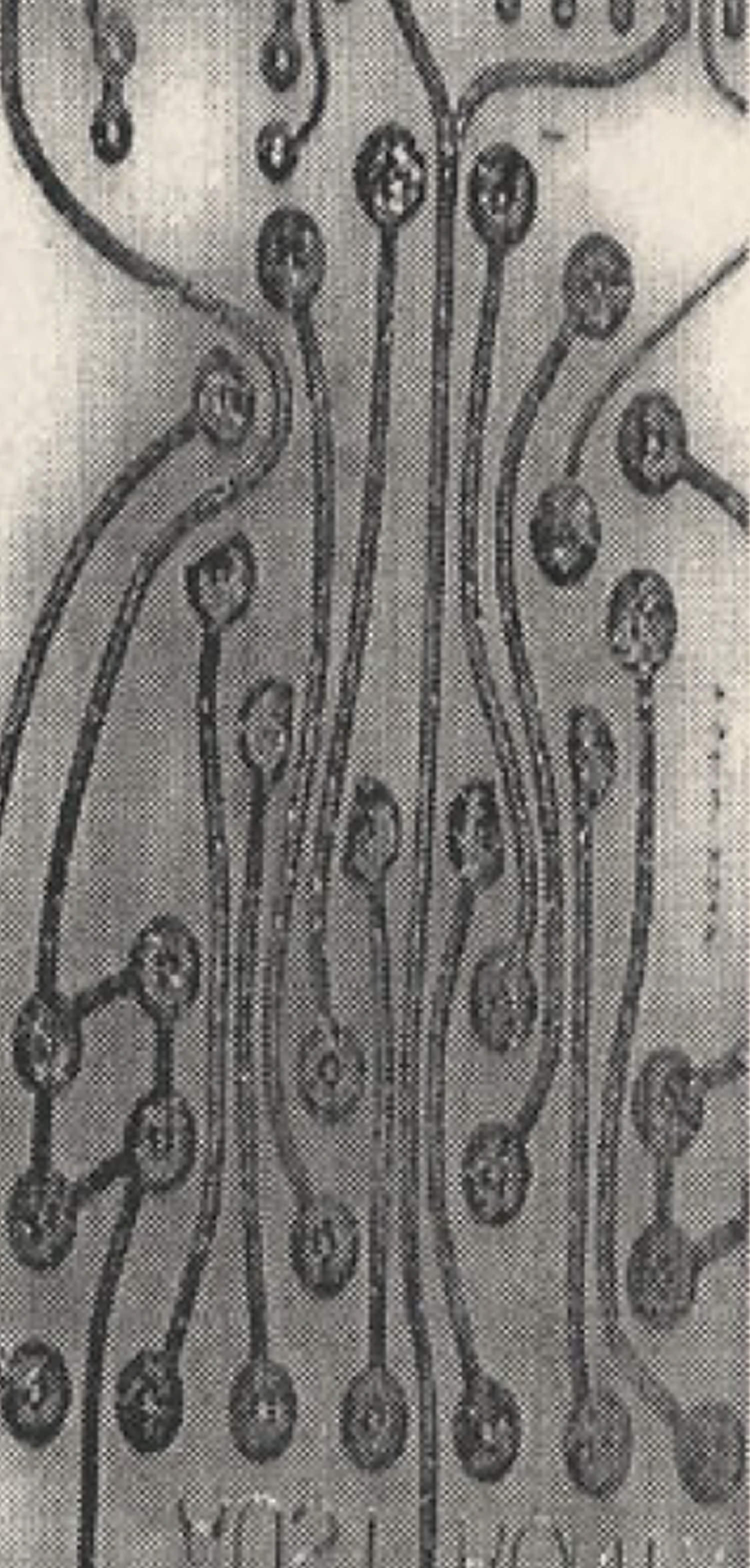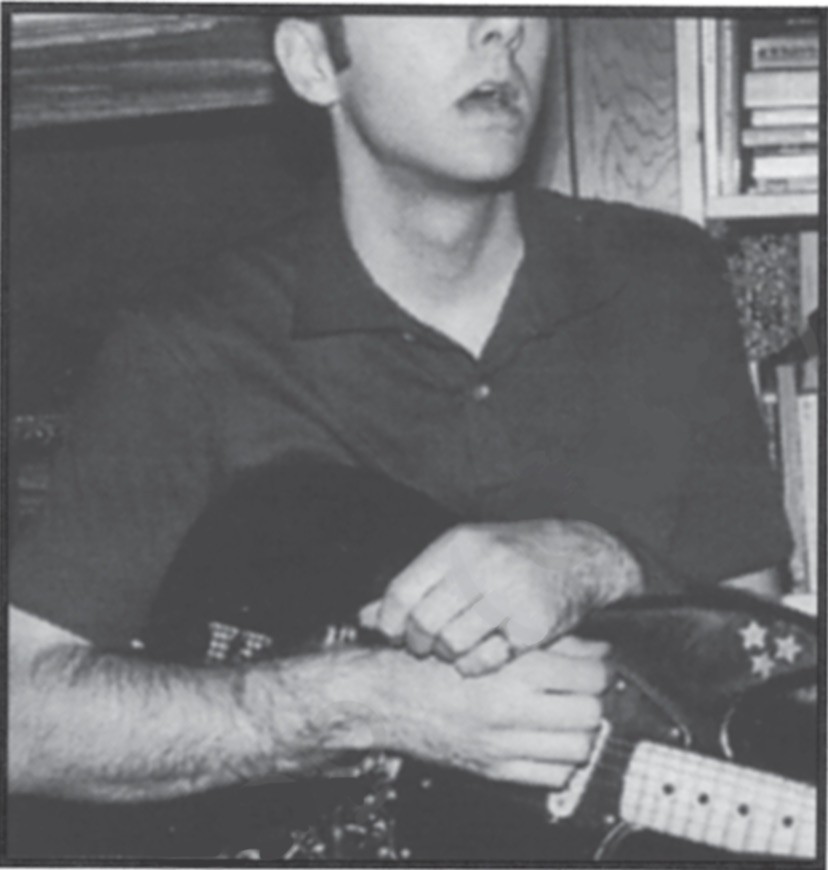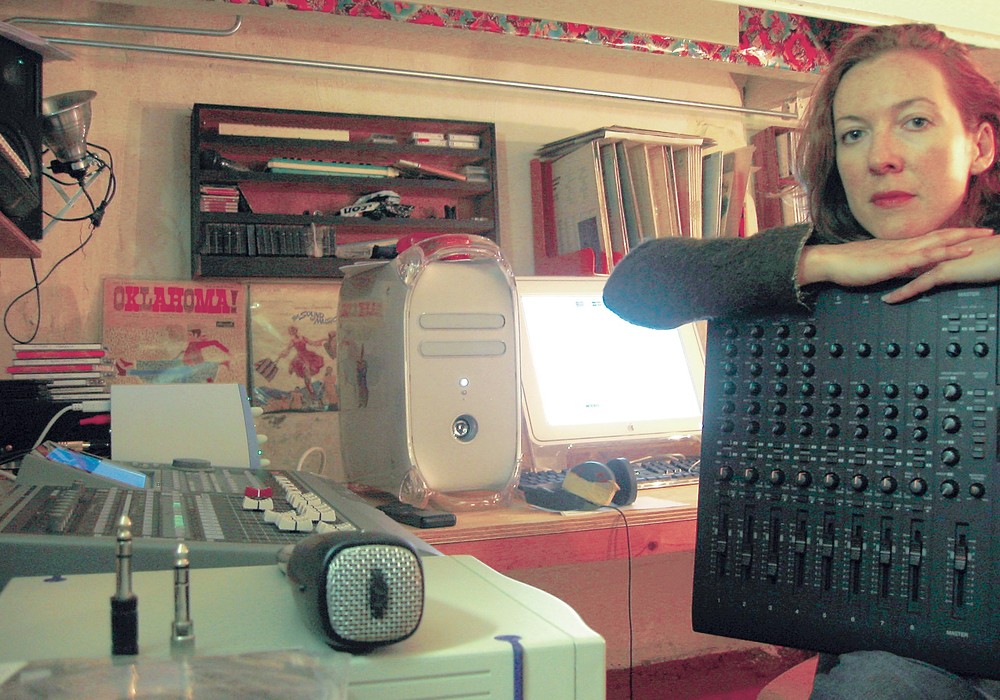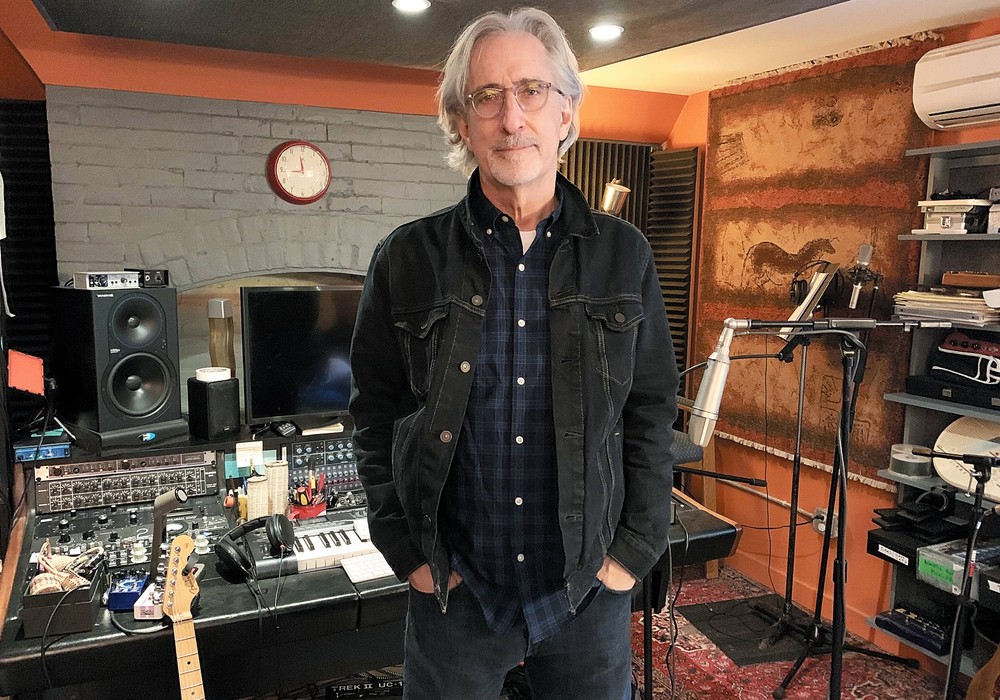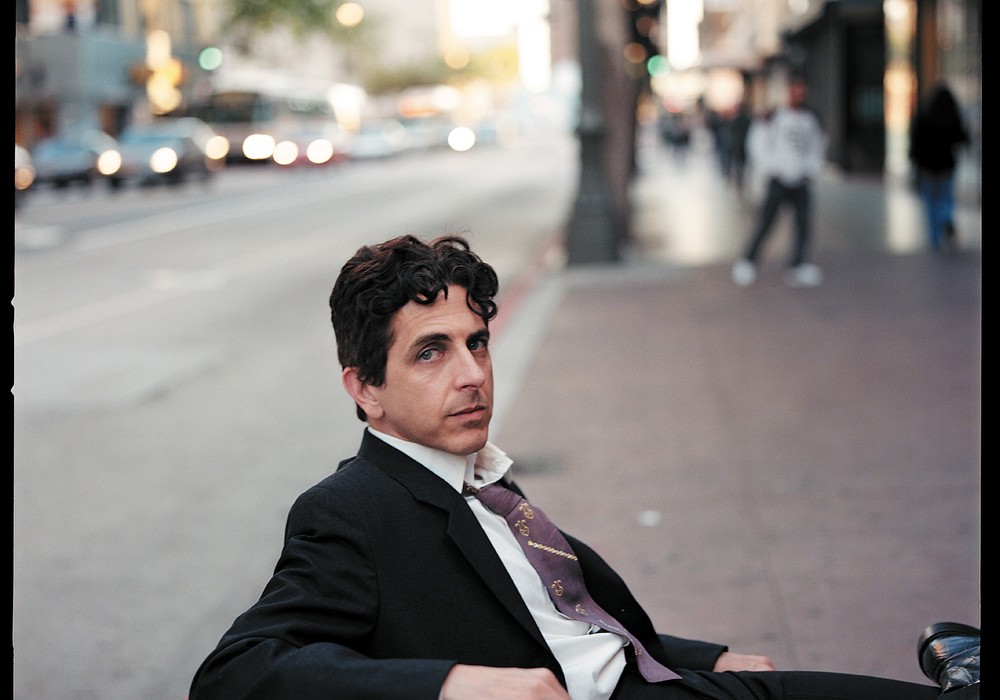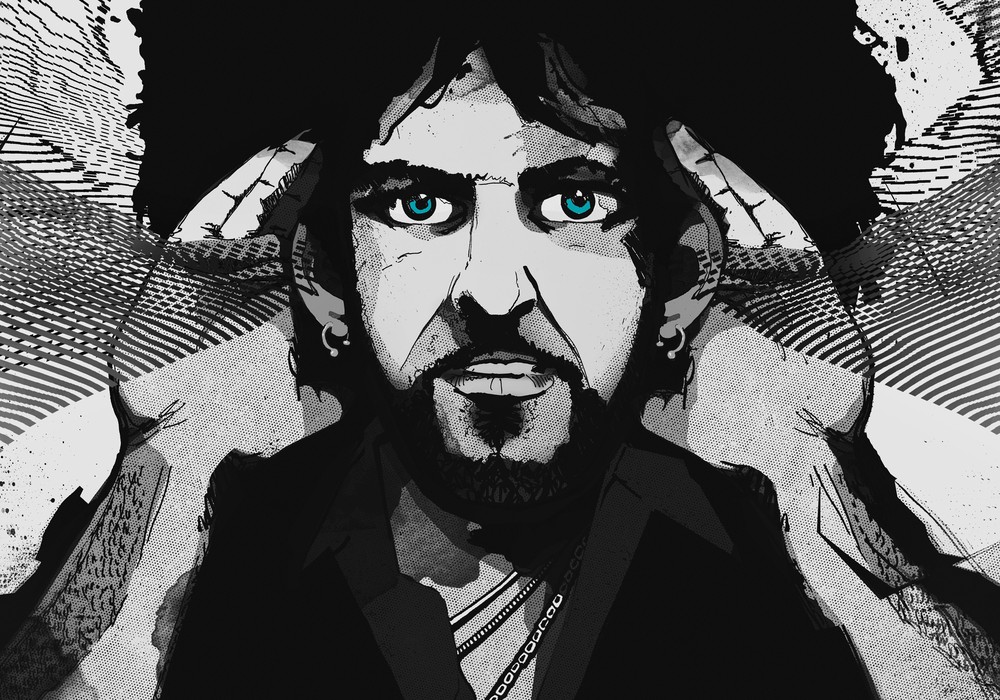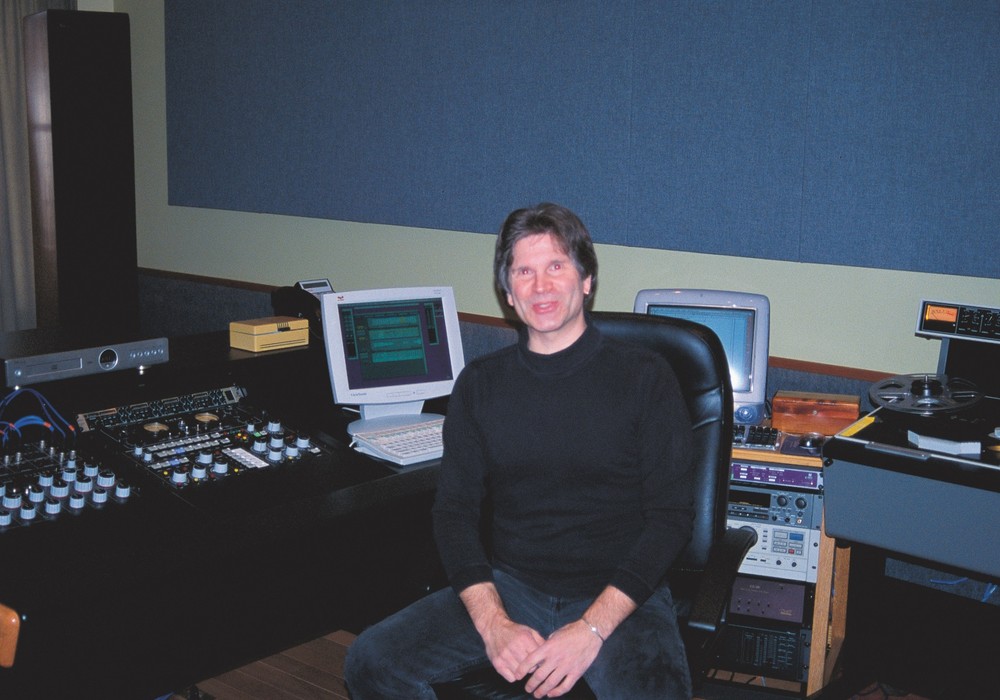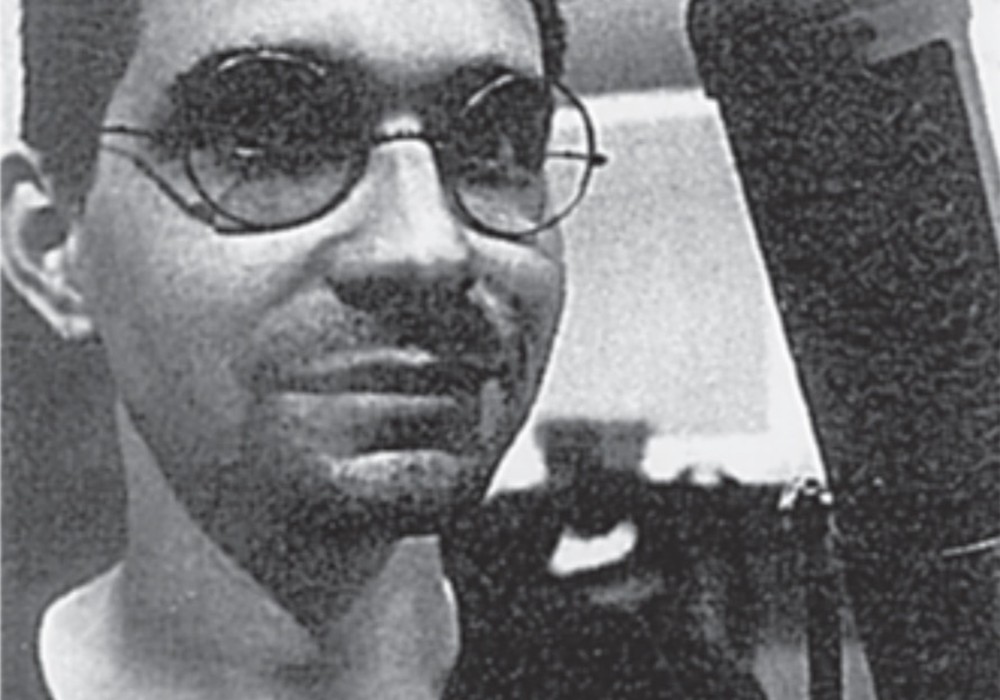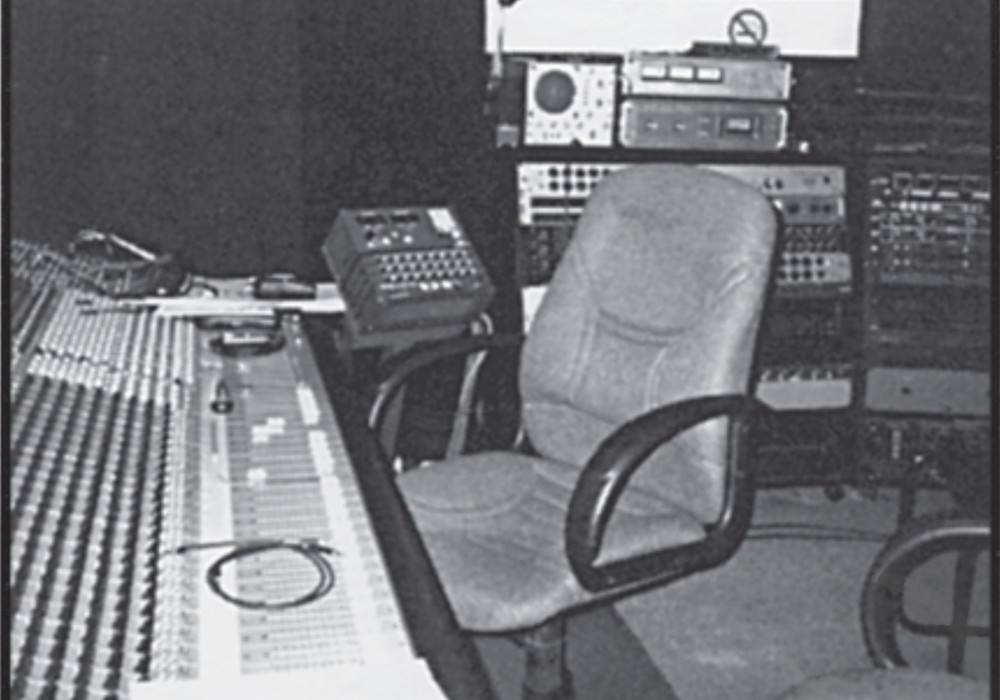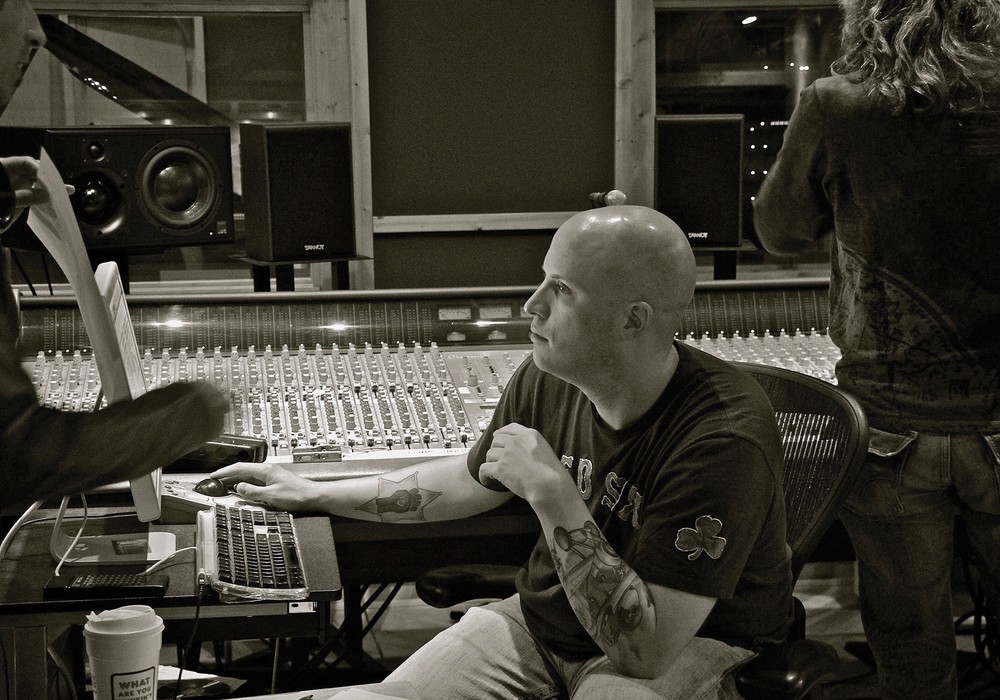Geoff Farina is determined. He won't settle for a crummy guitar sound and this has led him on an amazing quest of knowledge and sound. He is currently a member of Karate (who have an album out on Southern Records) and the Secret Stars (a duo who have a fine album out on Shrimper Records.) He's also helping a friend set up and run a cool studio in the Boston area, which he talks about briefly. But most fascinating is what he's learned about tube guitar amps and the ways one can achieve optimum performance and great sounds. Remember though, unplug your amp before trying any of these modifications, and don't blame us if you break it.
How did you get into the modifications of tube equipment and building some of the oddball things?
I think mainly because when I was in bands before and in doing Karate everything always sounded bad. I always used old amps and everybody's amps sounded bad and the one thing I noticed was that there was a huge amount of myth about tube amps and stuff among people like me and my friends. Not being high end blues players the information just isn't there. I just wanted stuff to sound good. When we went into this studio about a year ago to make the Karate record, I wanted to see if I could make things sound better. I read a lot of old tube manuals I would find at thrift stores or libraries. Like school libraries with engineering departments and stuff. I started to get a basic knowledge of how a tube works and why it is used. I'm totally a hacker. I know so little math, I'm unable to do a lot of the math work you need to do to be a real engineer. I really have this fragmented knowledge of everything. That's how I got into it. I had this one amp that was a '68 Fender Twin; Fender was sold to CBS in '65 and in '68 they changed to "silver-face" amplifiers which supposedly don't sound as good. What I learned was that the circuitry didn't necessarily change, the things that changed were relatively small for the first couple of years, in '68 and '69. If you know what you're ding, you can go in and rip out some of the parts and go to Radio Shack and get a couple of certain value resistors for a quarter and just make a few little changes and have a really amazing sounding amp. I just happened to have one of these [Fender] amps and since then I've gotten another one from the exact same year that's three serial numbers away from the one that I already owned. I kinda knew what I was doing when we did that record. I wanted a real clean guitar sound and it came out pretty good. So that's basically how I got interested in it...just having everything sounding terrible and everyone having amps that sound mediocre or don't sound good at all.
And they don't really know why.
Yeah, the myth is that you need to get new tubes but you can buy new tubes and if your amp isn't biased correctly it'll still sound terrible. A lot of Fenders don't even have a bias control. They have what's called a balance control; two of the tubes will be working really hard and two won't be doing anything. You'll spend $50 on new tubes and you're ruining them, basically, and your amp doesn't sound any better. Here in Boston, which is a huge music city, there's a whole lot of mediocre or bad repair people around and a few really good ones. I've taken my stuff out and had it worked on and it doesn't sound any better. There's one guy in particular who's notorious for being just not good at all.
Had you had any experience with doing electronics before?
Not really. I've always been into trying to fix things myself but I've never had any real electronics experience. The guitar player in Karate, my friend Eamomn, is actually this total computer geek and electronics guy, or was at one point in his life. He gave me my first little lesson on it. I was on tour for three months and all I did this summer was read electronics manuals and two or three really good books about tube amps. I just really tried to get a concept of how things worked. The thing that I started to realize about it is that there's no real physical metaphor for how electricity works. Like current is a metaphorical term. That works up until a point but when you start to think about the difference between voltage and current...current flows in one direction but what's called holes, this sort of negative space which creates voltage, moves in the other direction simultaneously...
